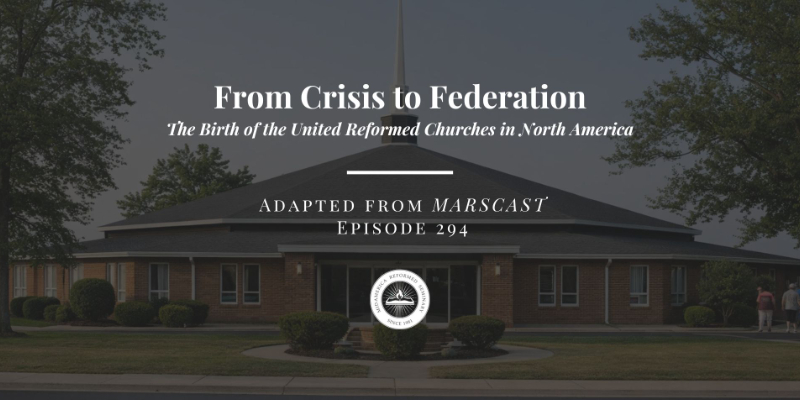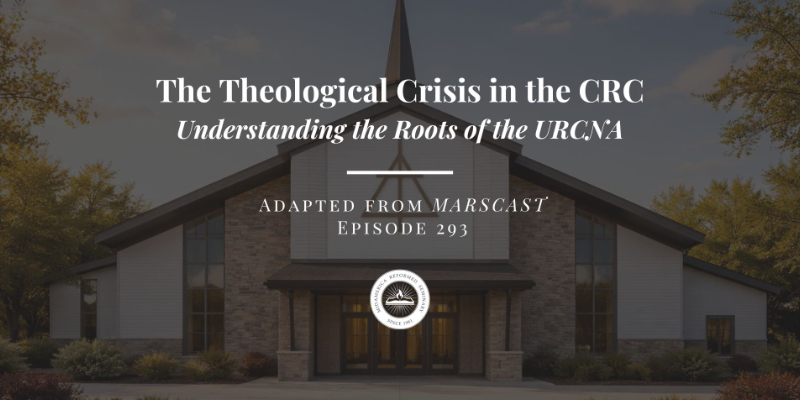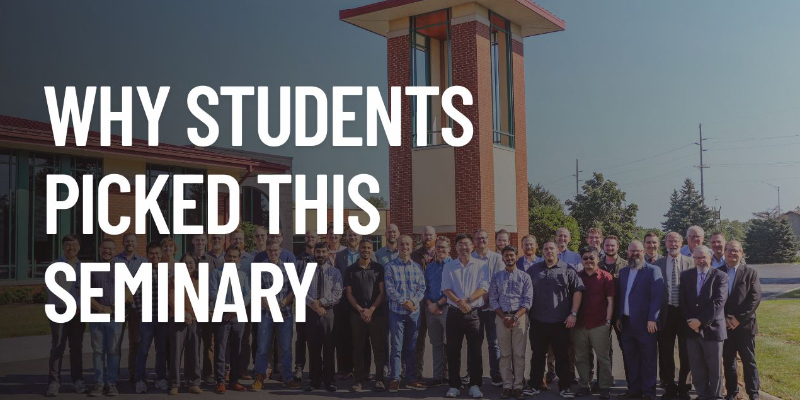Articles from the Faculty
Here you'll find a repurposed resource hub of published works from the Faculty of Mid-America - from segments of podcasts, portions of journal articles, published books, Messenger pieces, and more.

What began with a single letter from an Illinois consistory in 1986 became a decade-long journey through conferences, controversies, and careful deliberation, culminating in a moment when roughly 40 churches took the unprecedented step of forming an entirely new federation.

The debate over women's ordination didn't split the Christian Reformed Church; it was just the symptom that exposed a decades-long erosion of biblical authority that had been quietly unraveling in the late 20th century.

The church is never strong when it's doctrinally dumb—but too often, catechism preaching has been reduced to cold lectures or five-minute decorations tacked onto unrelated sermons. What if there's a better way to help your congregation confess with God what God's Word actually says?

Dr. J. Mark Beach warns that a generation of pastors is being stripped of their biblical calling and shoved to the sidelines—turned into hired servants who must stay in their lane while elders (or dominant families) seize control of Christ's church.

Dr. Alan Strange confronts a dangerous trend in American Christianity: the fusion of gospel truth with political ideology—and why Charlie Kirk's assassination reveals how desperately the church needs to distinguish between biblical faith and partisan agendas.

What makes a seminary worth the investment of your calling, your time, and your formative years, and why do students at Mid-America say they found the answer to that question here?

